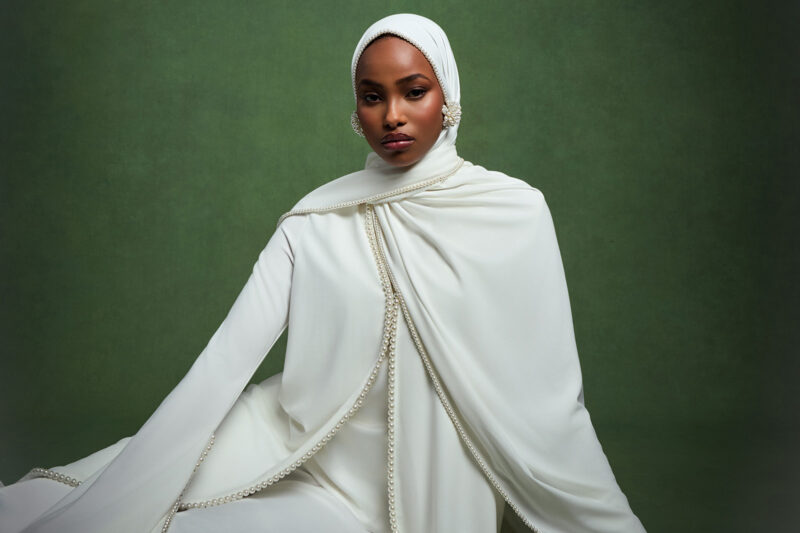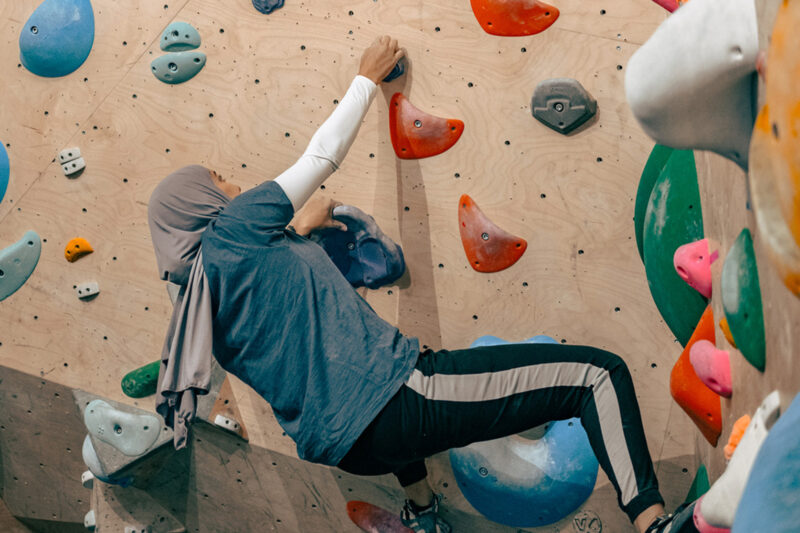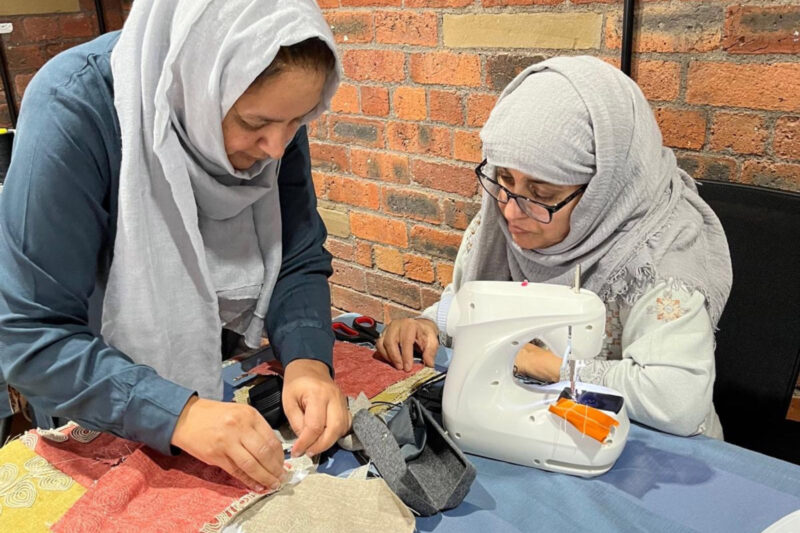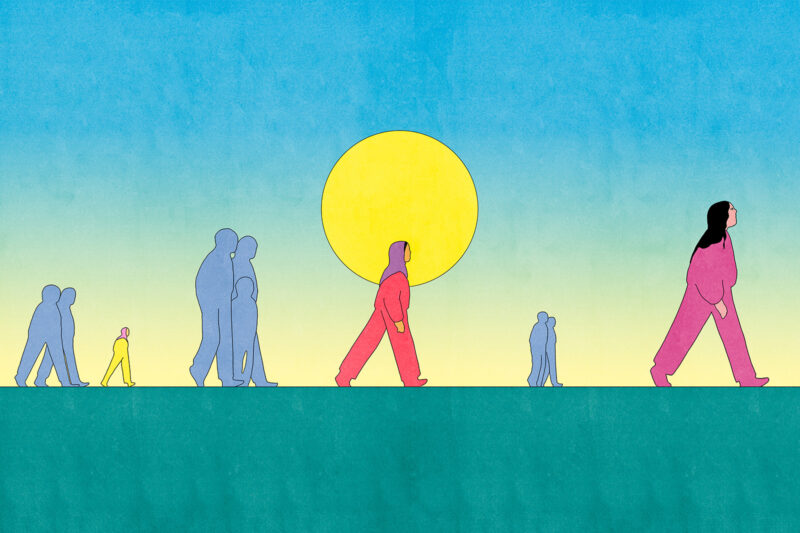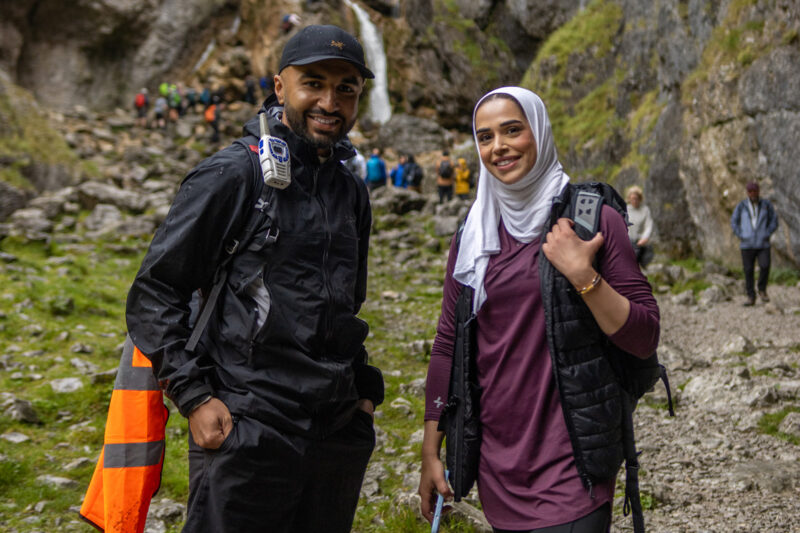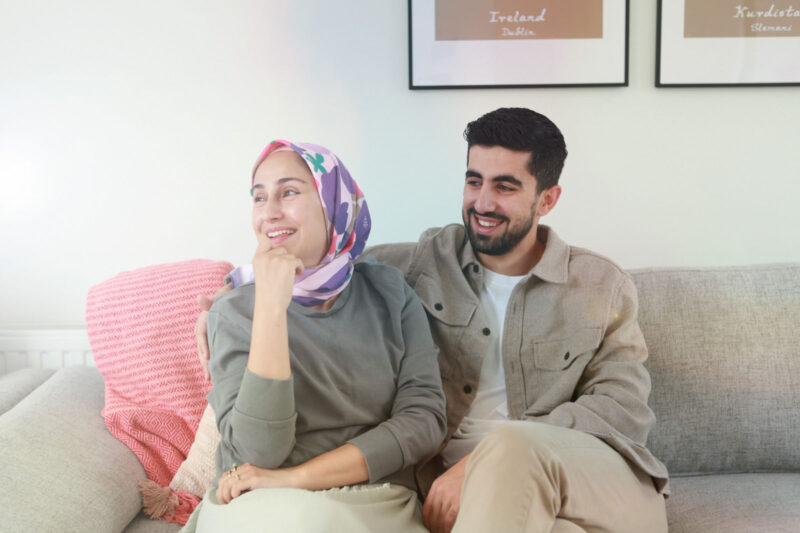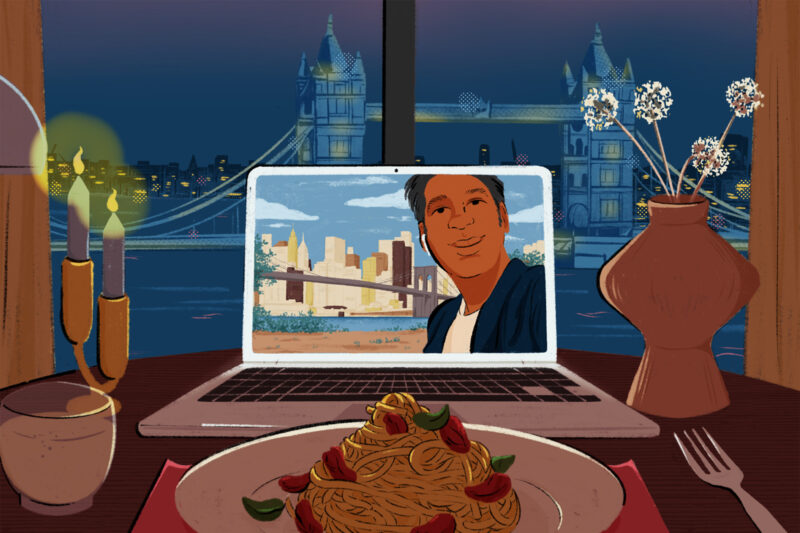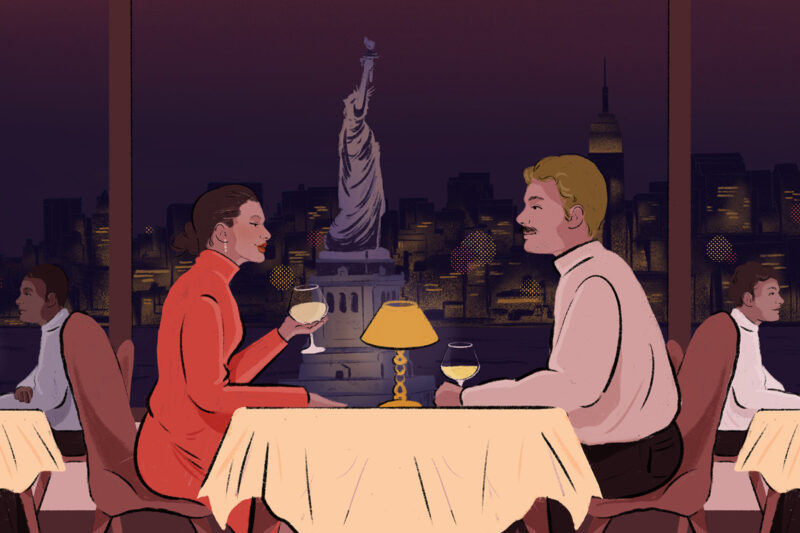Like my fellow Gen Zs, I’m using this Valentine’s Day to celebrate platonic love
My generation values the time we invest in friendship just as much as, and often even more than, romantic or sexual relationships
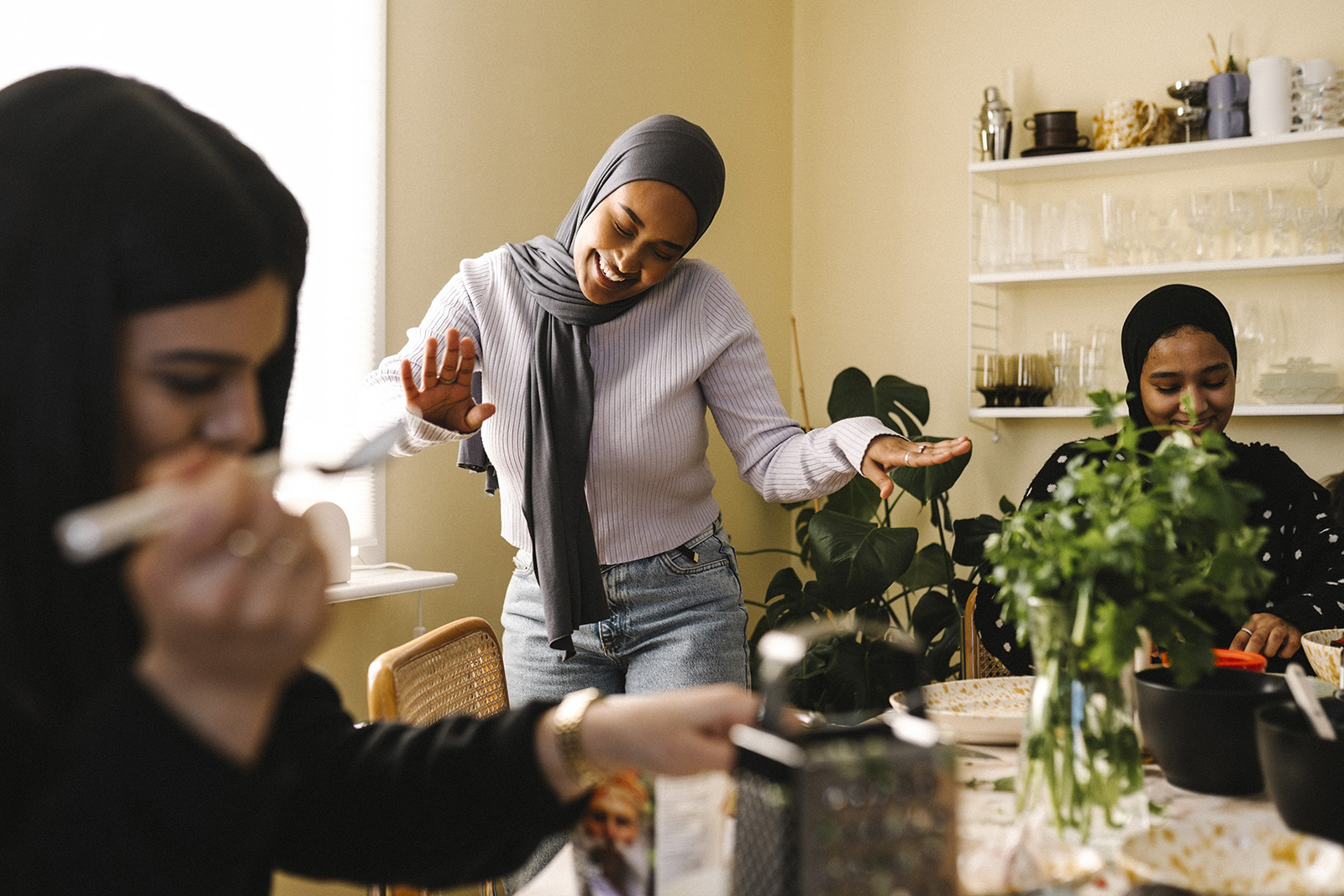
When Valentine’s Day comes around we’re often fed the idea that all single people are cringing in unison as the memes start pouring in about being lonely and unlovable. Yet, as a single woman, it’s still one of my favourite days of the year. Sure, Valentine’s Day is commercialised and used as another excuse for overconsumption — but often so are Eid, Christmas and other holidays. I love the celebration of love in all of its forms, especially when it’s platonic.
As a 24-year-old, I’m not alone in seeing the value in non-romantic relationships. A UCLA study from 2024 found that more than half of Gen Zs crave media centred around platonic connections, saying that they find this content more relatable and fulfilling than the portrayals of sexual relationships. Universities across the UK have been putting on Palentine’s Day parties in addition to speed-dating events, while giftcard companies have reported an increase in sales of platonic love cards.
My generation values the time we invest in friendship just as much and often even more than romantic or sexual relationships, compared to our older peers. We’re now moving away from dating apps — the top four having seen a dip in use since 2023, according to communications regulator Ofcom — and are having a lot less casual sex than previous generations. A new Times survey into Gen Z released earlier in February found only 23% of 18 to 27-year-olds said their friends commonly had sex on a one-night stand, a steep decrease from the 78% of millennials 20 years ago.
The dating apps aren’t working anymore and the cost of living crisis has meant it’s just too expensive to justify the price of meeting someone you don’t know for a drink or dinner, when you can instead spend the time with valued friends. The falling interest in heterosexual romantic love could also be related to the growing gender divide, with Gen Z men reportedly becoming more conservative and misogynistic, while women are more empowered and liberal.
Throughout my life I’ve put a lot of value in non-romantic love. My Muslim Bangladeshi background cemented this from a young age. I was part of a community who cared for one another and demonstrated love during difficult moments. When a relative died, family friends would be over with weeks’ worth of food in Tupperware. In return, when their kids needed babysitting after school there was always comfort and a plate of food in our home, even though we weren’t blood-related.
I was then lucky enough to have a group of best girl mates in secondary school, who I credit for being the foundation of my loving friendships. The five of us would support each other throughout school, but we’d also spend countless hours laughing into the early hours at sleepovers. It was their hearts I broke first, through the silliness and drama of being a teenager. My behaviour had consequences, and through that I learned about the repercussions of what it means to not practice love earnestly.
I’ve since found that friendships in adulthood come with more intentionality. They have helped me stay grounded, offering care, respect and honesty. Friends have introduced me to new hobbies and interests, such as DJing, bouldering and yoga. During lockdown, I formed an online community based on a mutual love of electronic music, my queer identity and South Asian heritage. When we met in person months or even years later, it felt like online dating in some ways, except I found myself feeling fulfilled and happy rather than drained and disappointed as many of us feel through using dating apps.
In her book All About Love: New Visions, bell hooks describes love as “the will to extend oneself to nurture one’s own or another’s spiritual growth”, highlighting that it is an action and not a feeling. That is what platonic love means to me. As members of Gen Z continue to evolve our understanding of what relationships look like, all forms of love should be acknowledged on a day like Valentine’s Day. And before anyone writes single people off as being lonely, we should remember that it’s our platonic relationships and communities that give us validation.
 Newsletter
Newsletter


